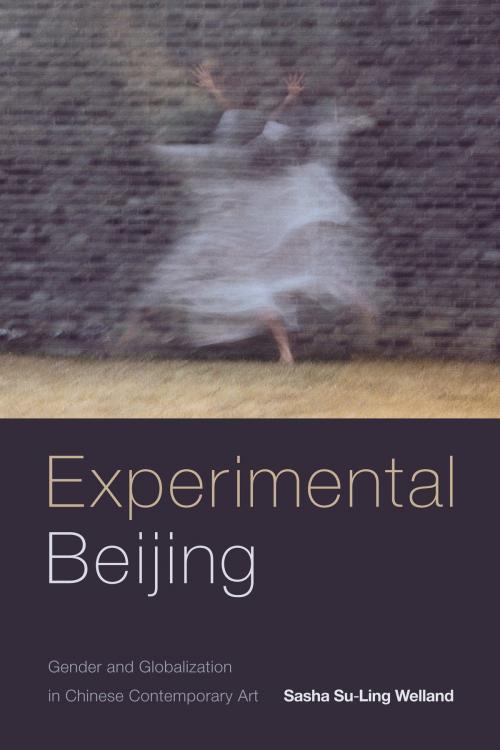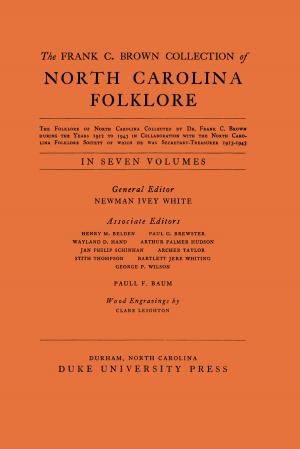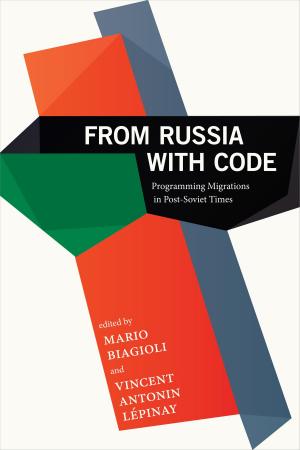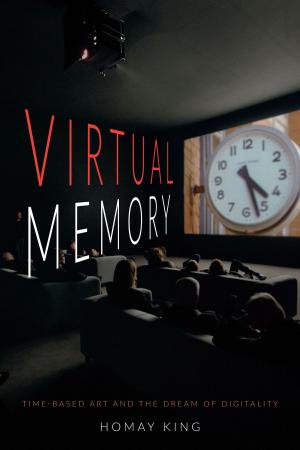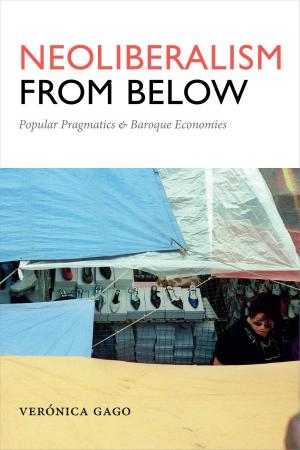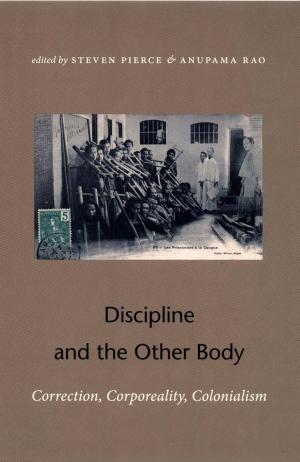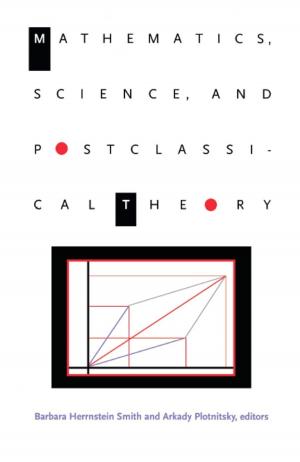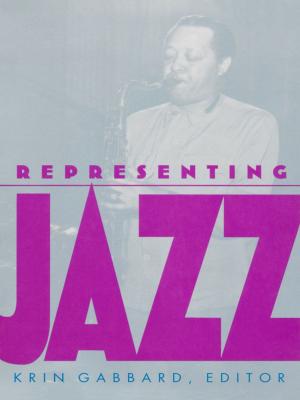Experimental Beijing
Gender and Globalization in Chinese Contemporary Art
Nonfiction, Art & Architecture, Art History, Asian, General Art| Author: | Sasha Su-Ling Welland | ISBN: | 9780822372479 |
| Publisher: | Duke University Press | Publication: | March 29, 2018 |
| Imprint: | Duke University Press Books | Language: | English |
| Author: | Sasha Su-Ling Welland |
| ISBN: | 9780822372479 |
| Publisher: | Duke University Press |
| Publication: | March 29, 2018 |
| Imprint: | Duke University Press Books |
| Language: | English |
During the lead-up to the 2008 Beijing Olympics, the censorious attitude that characterized China's post-1989 official response to contemporary art gave way to a new market-driven, culture industry valuation of art. Experimental artists who once struggled against state regulation of artistic expression found themselves being courted to advance China's international image. In Experimental Beijing Sasha Su-Ling Welland examines the interlocking power dynamics in this transformational moment and rapid rise of Chinese contemporary art into a global phenomenon. Drawing on ethnographic fieldwork and experience as a videographer and curator, Welland analyzes encounters between artists, curators, officials, and urban planners as they negotiated the social role of art and built new cultural institutions. Focusing on the contradictions and exclusions that emerged, Welland traces the complex gender politics involved and shows that feminist forms of art practice hold the potential to reshape consciousness, produce a nonnormative history of Chinese contemporary art, and imagine other, more just worlds.
During the lead-up to the 2008 Beijing Olympics, the censorious attitude that characterized China's post-1989 official response to contemporary art gave way to a new market-driven, culture industry valuation of art. Experimental artists who once struggled against state regulation of artistic expression found themselves being courted to advance China's international image. In Experimental Beijing Sasha Su-Ling Welland examines the interlocking power dynamics in this transformational moment and rapid rise of Chinese contemporary art into a global phenomenon. Drawing on ethnographic fieldwork and experience as a videographer and curator, Welland analyzes encounters between artists, curators, officials, and urban planners as they negotiated the social role of art and built new cultural institutions. Focusing on the contradictions and exclusions that emerged, Welland traces the complex gender politics involved and shows that feminist forms of art practice hold the potential to reshape consciousness, produce a nonnormative history of Chinese contemporary art, and imagine other, more just worlds.
